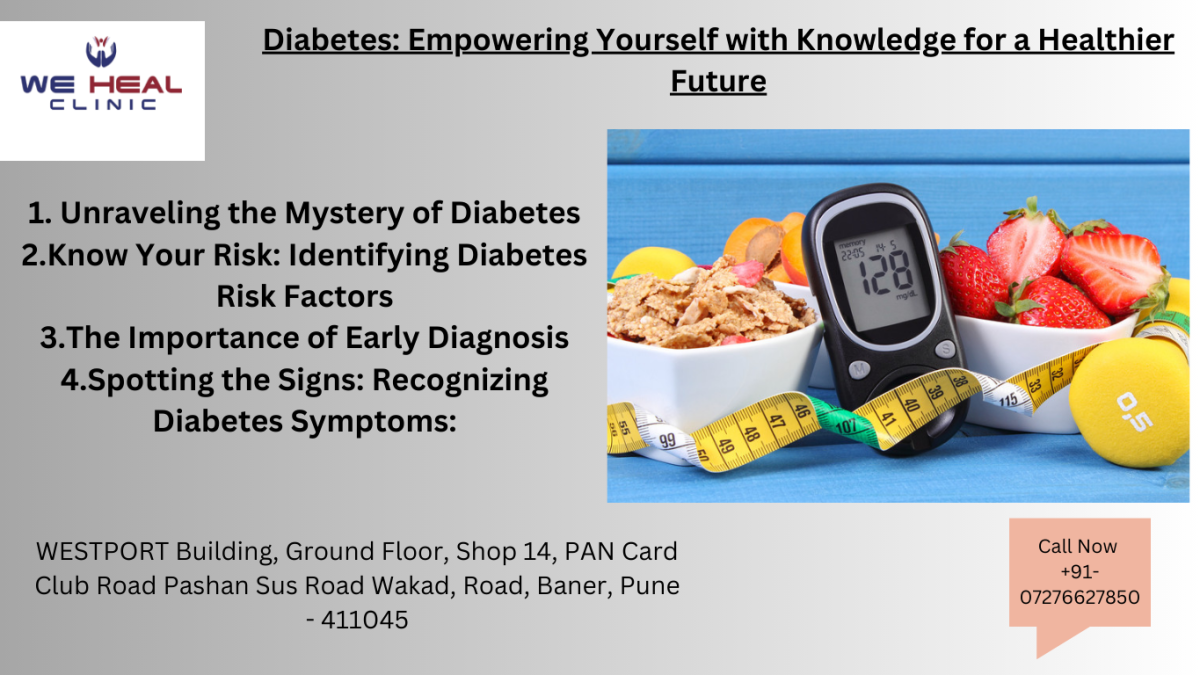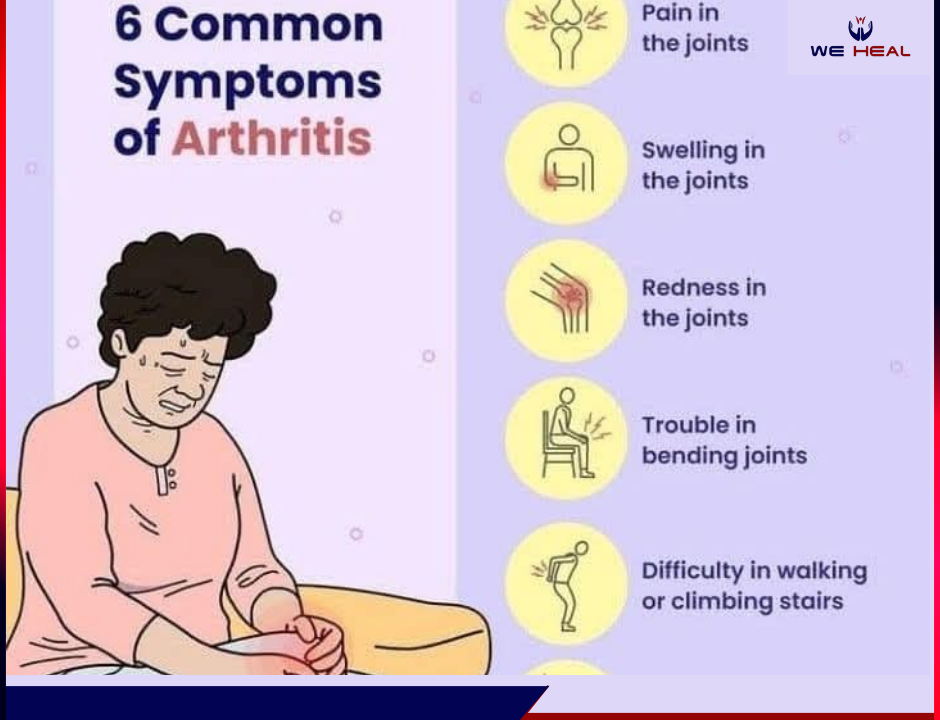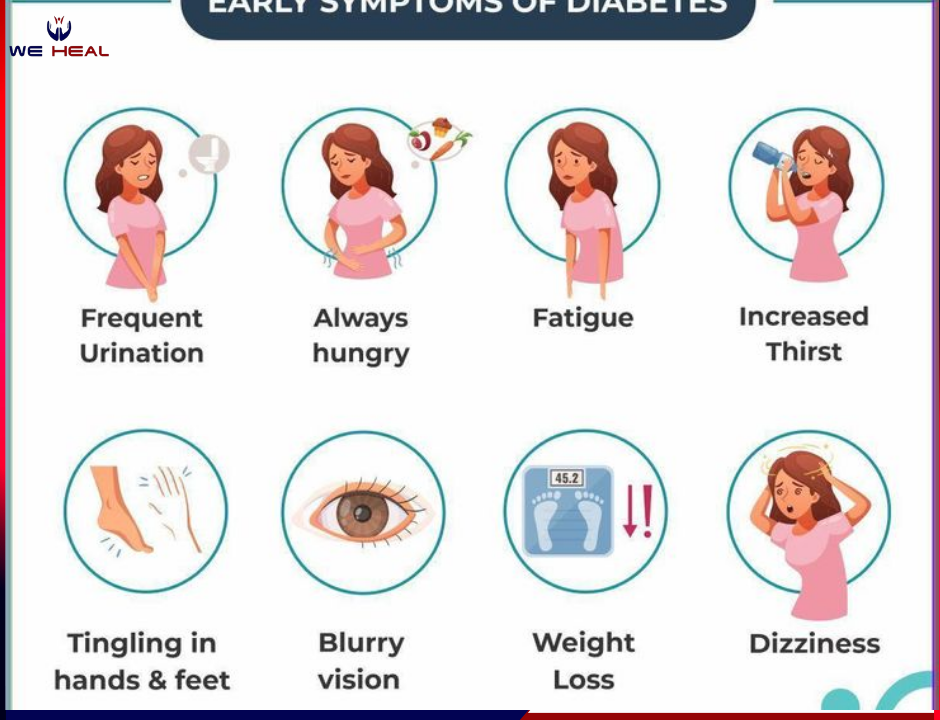
“Unlocking the Mystery of Vitamins: A Comprehensive Guide to Understanding the Role of Vitamins in Our Health”
March 3, 2023
“Smile Confidently: Understanding Dental Implants and Their Life-Changing Benefits”
August 8, 2023
Introduction:
Diabetes, a chronic health condition affecting millions worldwide, has become a significant global health concern. Whether you or a loved one are living with diabetes or simply seeking to better understand this prevalent condition, knowledge is a powerful tool in managing and preventing its complications. In this blog, we will delve into the different types of diabetes, explore the risk factors and symptoms, shed light on the importance of early diagnosis, and provide practical tips for living a healthier life with diabetes.
1. Unraveling the Mystery of Diabetes:
In this section, we’ll provide an overview of diabetes and its prevalence, emphasizing its impact on individuals and society. We’ll explore the differences between Type 1, Type 2, and Gestational diabetes, breaking down the underlying mechanisms and factors contributing to each type.
2. Know Your Risk: Identifying Diabetes Risk Factors:
Understanding the risk factors associated with diabetes is essential for early detection and prevention. We’ll discuss genetic predisposition, lifestyle factors (diet, exercise, and obesity), family history, and ethnicity as key elements in assessing one’s risk for developing diabetes.
3. Spotting the Signs: Recognizing Diabetes Symptoms:
Diabetes can present with subtle signs that are often overlooked. In this section, we’ll highlight the common symptoms of diabetes, such as excessive thirst, frequent urination, unexplained weight changes, fatigue, and blurred vision. Educating yourself about these warning signs can lead to timely diagnosis and intervention.
4. The Importance of Early Diagnosis:
Early detection of diabetes can make a significant difference in managing the condition and preventing complications. We’ll discuss the diagnostic tests used to identify diabetes, stressing the importance of regular health check-ups, especially for individuals with risk factors.
5. Managing Diabetes through Lifestyle Modifications:
Lifestyle changes play a pivotal role in diabetes management. We’ll provide practical advice on adopting a balanced and nutritious diet, incorporating regular physical activity into daily routines, and maintaining a healthy weight. Small changes in daily habits can make a substantial impact on blood sugar levels and overall well-being.
6. Monitoring Blood Sugar: Tools and Techniques:
Blood sugar monitoring is essential for understanding how food, physical activity, and medication affect diabetes management. In this section, we’ll explore various methods, from traditional finger-prick glucose testing to continuous glucose monitors (CGMs), helping individuals make informed decisions about their diabetes care.
7. Building a Support System:
Living with diabetes can be challenging, both physically and emotionally. We’ll emphasize the importance of a strong support system, including healthcare professionals, family, friends, and diabetes support groups. Connecting with others who share similar experiences can provide encouragement, tips, and emotional support.
8. Breaking the Stigma: Addressing Diabetes Misconceptions:
There are several misconceptions and myths surrounding diabetes. This section aims to dispel common misunderstandings, promoting a more empathetic and informed perspective on diabetes within society.
Conclusion:
Living with diabetes or caring for someone with diabetes can be a transformative journey. By educating ourselves and raising awareness, we can work towards better diabetes management, prevention, and support for those affected by the condition. Armed with knowledge, a positive mindset, and a willingness to make lifestyle changes, individuals can lead healthier and fulfilling lives despite diabetes, proving that a diabetes diagnosis doesn’t define one’s future.




